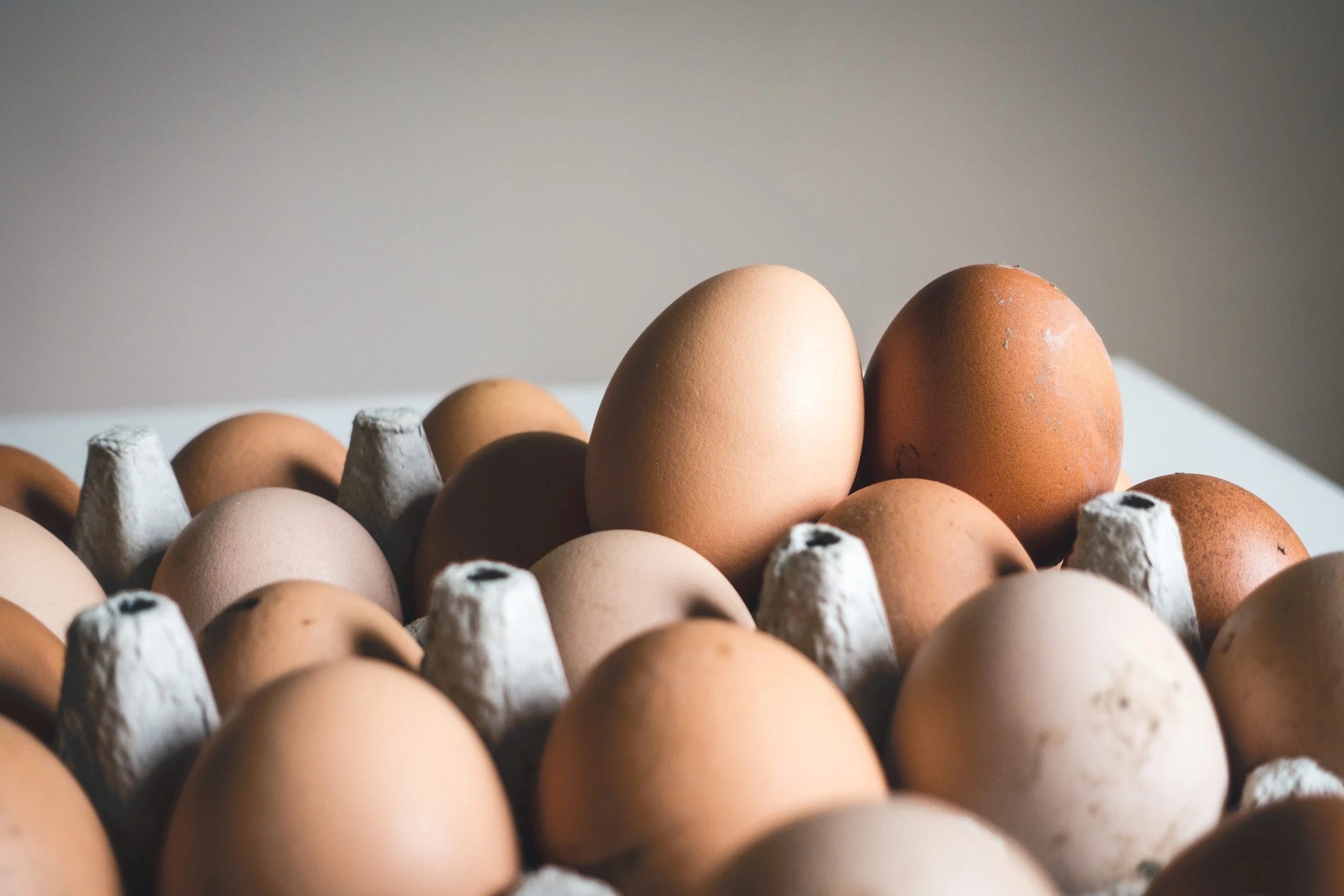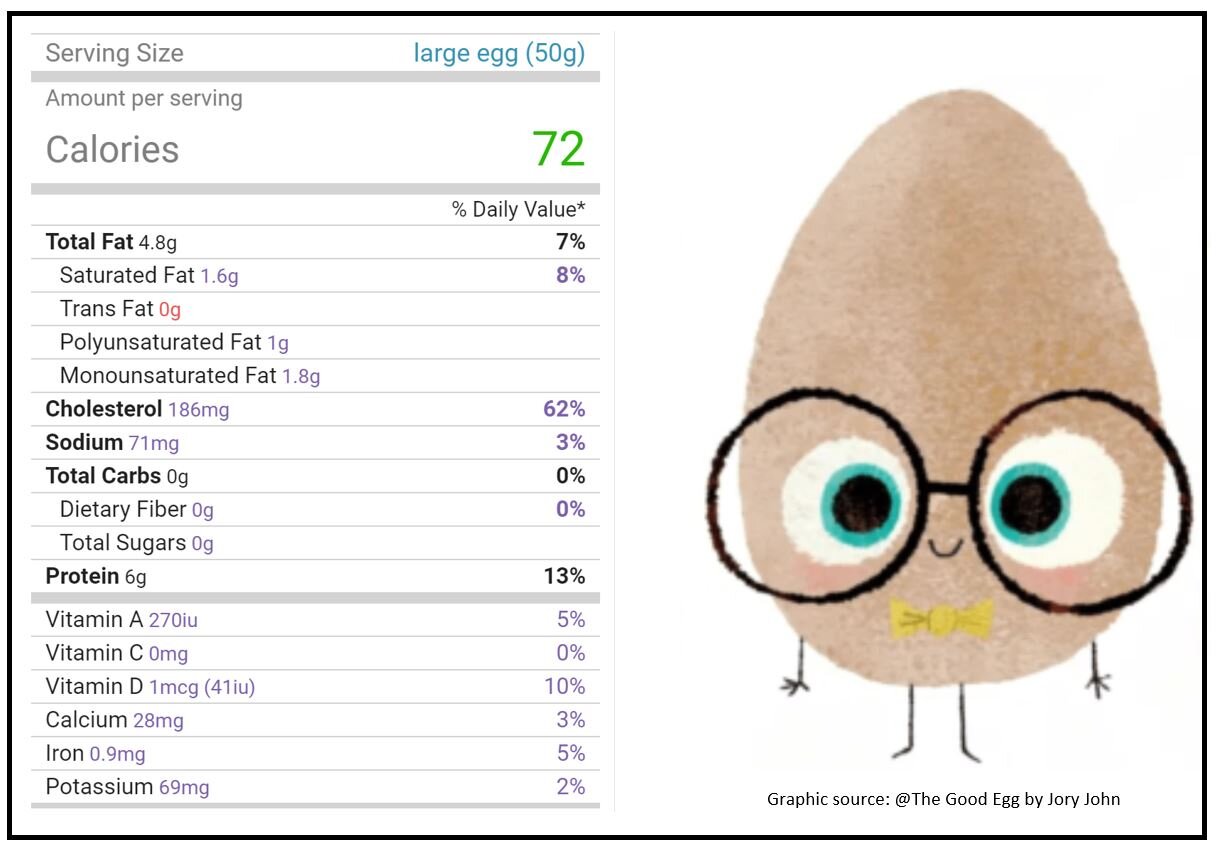Thanks to Theresa for this question about eggs:
“I’m not really sure if eggs are good for me or not. Even the experts don’t seem to agree.”
Theresa’s assessment is correct— there is much debate about the health benefits of eggs in the nutrition world. Here l offer my research-based opinion.
A Brief History of the Egg
People have been eating eggs for a long time—around six million years. Unlike wild animals, eggs don’t fight back, so our hunter-gatherer ancestors found them a convenient source of nutrition. Our ancestors simply had to climb a tree and collect eggs from a nest. In the 1950s when I was growing up, eggs were considered the super star of an all-American breakfast.
The Downside: Cholesterol and Saturated Fat
Eggs lost favor when the USDA Dietary Guidelines published for 2010-2015, recommended limiting their consumption because of the high amount of dietary cholesterol in eggs. In the last six years, however, most studies have shown that there is no connection between dietary cholesterol and blood serum cholesterol, the latter of which is linked to heart disease. The 2015-2020 USDA Dietary Guidelines reversed its earlier findings, and eggs were no longer vilified because of cholesterol. Because eggs still contain saturated fat, which is also linked to heart disease, they are often shunned. However, the amount of saturated fat is relatively low. A large egg has 72 calories (about 55 calories in the yolk and 17 calories in the white). Only 15 calories of the total come from saturated fat.
The Upside of Eggs
Eggs are an excellent source of protein, as well as micronutrients like vitamin A, C, D, and B vitamins, along with calcium, iron, potassium, folate, biotin, and choline. These nutrients help build and repair muscles and organs, and prevent anemia. Thus, eggs are a well-rounded food with a wealth of nutrients for a relatively low calorie count.
My Recommendation
If you enjoy eggs, it is fine to eat them, while keeping in mind the overall guideline to reduce saturated fat in your diet. Cook eggs with a little olive oil or hard boil them, and avoid pairing them with high-fat bacon, sausage or cheese. Add a variety of vegetables in an omlette, or try “pastel eggs” — a combination of whole eggs and egg whites. The yolk of a large egg has 55 calories, while the egg white has 17 calories and most of the protein, making pastel eggs a low calorie, high protein meal.
Photo by Jakub Kapusnak on Unsplash


